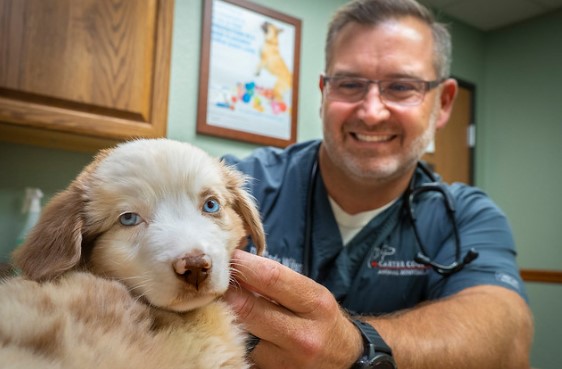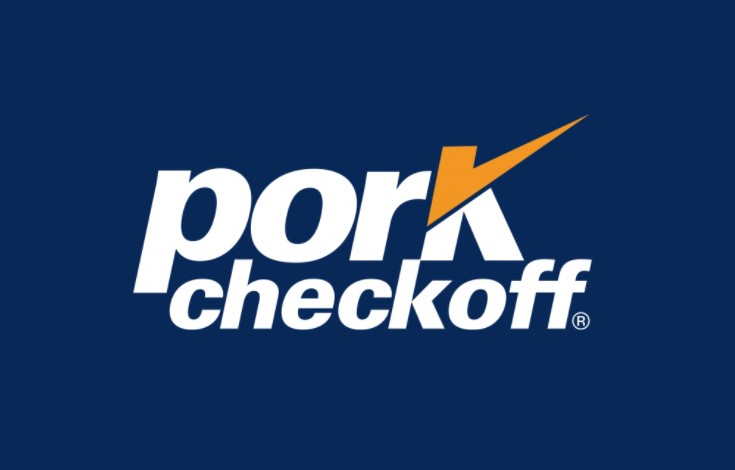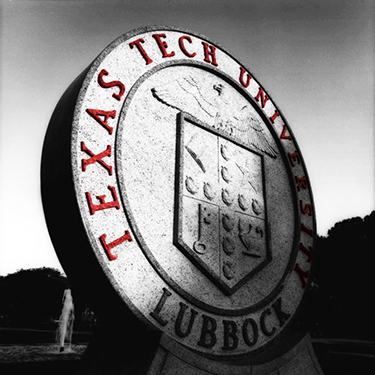Fri, 09 Sep 2022 09:05:11 CDT

Although parvovirus is a severe and highly contagious disease, it is highly preventable with proper and complete vaccines, said Dr. Barry Whitworth, Oklahoma State University Extension veterinarian and food animal quality and health specialist.
“Parvovirus can be a threat to all dogs, but unvaccinated dogs and puppies younger than four months old are at the greatest risk,” Whitworth said. “And despite their vaccination status, puppies in that age range do have a window in which they are susceptible to the virus.”
Parvovirus is spread by direct dog-to-dog contact and contact with contaminated feces. The virus can also contaminate water and food bowls, collars, leashes and the hands and clothing of humans who have handled an infected animal.
Signs of parvovirus include:
• Lethargy
• Loss of appetite
• Abdominal pain and bloating
• Fever or low body temperature
• Vomiting
• Severe and often bloody diarrhea
It’s important for pet owners to be aware of persistent vomiting and diarrhea as this can lead to rapid dehydration, and damage to the intestines and immune system can cause septic shock. Most canine deaths from parvovirus occur within 48 to 72 hours following the onset of symptoms. Whitworth said it’s critical to get a symptomatic dog to the veterinarian immediately.
In the cases of the dogs in Michigan, a report from the Michigan State University Veterinary Diagnostic Laboratory indicated those animals did not have a history of complete vaccination.
“There have been no reports of parvovirus on the scale Michigan just experienced, and we don’t want to sound the alarm in Oklahoma; however, occurrences such as this highlight the importance of proper animal care and the preventative measures that should be taken by pet owners,” Whitworth said.
Dr. Rosslyn Biggs, OSU Extension veterinarian and director of continuing education for the university’s College of Veterinary Medicine, said proper and complete vaccination and good hygiene play pivotal roles in preventing the disease.
“Many pet owners enjoy taking their dogs to the local dog park or other places, such as doggy daycare, obedience classes and groomers. Multiple opportunities for your dog to come into contact with other dogs should be a big motivator to ensure your pet is vaccinated,” Biggs said. “Talk with your veterinarian about the proper vaccination schedule for your pet.”
Young puppies are very susceptible to parvovirus because the natural immunity provided in their mother’s milk may wear off before the puppy’s own immune system is mature enough to provide protection. A puppy exposed to infection during this gap period has a higher chance of becoming infected.
It is recommended puppies start parvovirus vaccines between six and eight weeks old and receive a booster every three to four weeks until they are 16 weeks when antibodies from their mother’s milk have faded. Once the initial series of vaccines have been given, a booster vaccine should be administered one year later, then repeated every three years thereafter or as directed by your veterinarian.
“It’s important to know that in spite of proper vaccination, a small percentage of dogs don’t develop protective immunity and remain susceptible to infection,” Biggs said. “Consult your veterinarian if you have any questions about exposure, symptoms and treatment of parvovirus.”
OSU Extension uses research-based information to help all Oklahomans solve local issues and concerns, promote leadership and manage resources wisely throughout the state’s 77 counties. Most information is available at little to no cost.






















